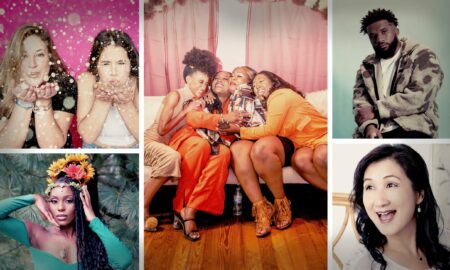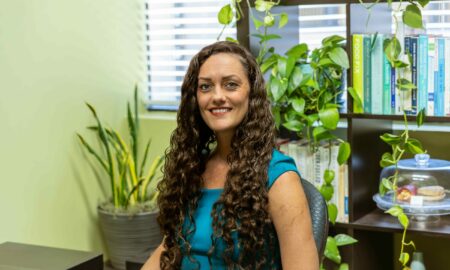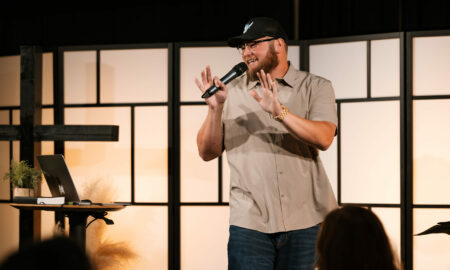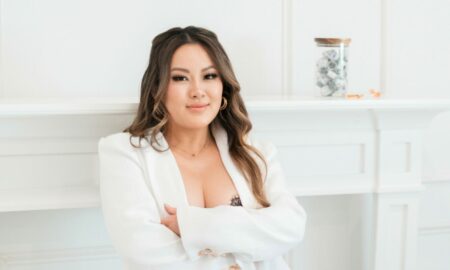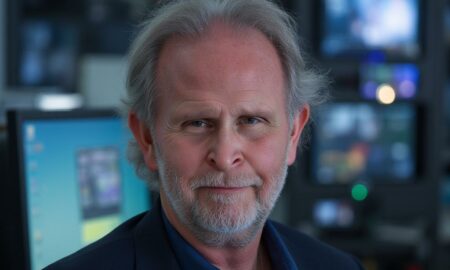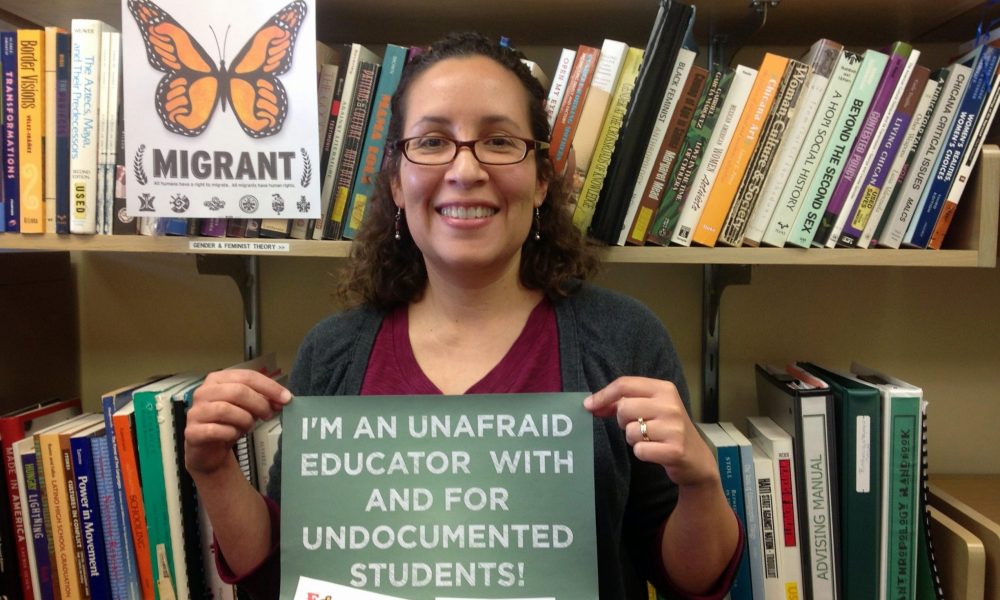

Today we’d like to introduce you to Mariela Nuñez-Janes.
Mariela, can you briefly walk us through your story – how you started and how you got to where you are today.
I’m a tenured professor, a Latina anthropologist, an immigrant, a mom, a wife, and a scholar-activist. As a numerical and ideological minority in higher education and a scholar in a discipline intrinsically linked with colonialism and racism, I got to where I am today by doing a lot of unlearning. To survive and thrive professionally and personally, I have had to believe in the opposite of what those with more power than me told me. I followed the road less traveled, the wisdom of my ancestors, the knowledge of people who are assumed not to have one.
I am where I am today because I witness the embodiment of “si se suede” in the lives of my Puerto Rican and Venezuelan families, in the grace of my papi’s battle with cancer, in the struggles of young people of color, in the darkness of the fear of deportation and “zero tolerance,” and in the black holes of injustice. I got to where I am today because I was taught by a community that believes in itself no matter the hatred and despair. From this beloved community, I learned that in moments when you are told that you don’t have what it takes or you are not deserving you return to your culture, to your community, for healing.
Has it been a smooth road?
It is never a smooth road, never. The struggles are constant, the reminders that you don’t belong happen daily. I tell all my students and the young women I mentor inside and outside the university that a day does not go by when I am not personally confronted with a micro or macroaggression. There are too many to tell, but I’m often most surprised by the dismissiveness of my expertise and knowledge by other academics or higher education administrators.
My advice for other women is to find supporters, those who are unlike you, but who believe in you and are willing to stand up for you and also to find or create a community, surround yourself by those who share your experiences. As a graduate student and now a tenured professor, having a community and cultivating strong relationships with colleagues who are willing to have my back are key to reminding myself that the racism and sexism I experience are real and not in my head. This community is also integral to helping me find alternatives and cheering me on when the going gets tough.
Another piece of advice is to stay firmly grounded, to keep it real. It is hard to navigate the gap, particularly for those of us in higher education, between our academic and non-academic lives. It is super important to keep connected with the people and the realities that propelled us to create new paths for ourselves.
So, as you know, we’re impressed with your business – tell our readers more, for example, what you’re most proud of as a company and what sets you apart from others.
I am an Associate Professor of Applied Anthropology at a large public university in Texas. I specialize in education, Latinx youth, immigration, and participatory action research. Like most professors, I publish books, peer-review journal articles, participate in conferences, give talks at academic meetings, and teach graduate and undergraduate classes.
Unlike most professors, I do all of those things collaboratively with community members and students. I am known for the participatory and democratizing quality of my teaching and my research and for these reasons I am recognized as a scholar-activist, advocate, engaged or public scholar. This means that I also write and speak for a broader audience including at rallies, community forums, city council meetings, board meetings, etc. I do this work in my surrounding community as well as my university. Since 2006 I have been working with undocumented youth. This work has focused on learning about the stigma of being undocumented as well as unlearning the stigma of illegality.
In addition to writing academic papers and working on a book with youth, I support or accompany their efforts by participating in educating the educator workshops in schools and universities, volunteering at DACA and family preparedness workshops, and being a resource for immigrant students and families in times of need. I have received community as well as academic recognition for this work and most importantly acknowledgment from young people and their families of the importance of knowing that they are not alone.
There’s a wealth of academic research that suggests that lack of mentors and networking opportunities for women has materially affected the number of women in leadership roles. Smart organizations and industry leaders are working to change this, but in the meantime, do you have any advice for finding a mentor and building a network?
What has worked for me when it comes to finding mentorship is realizing and acknowledging that I have a variety of needs and that not one person can meet all of those needs. I have mentors inside and outside my university, some are current colleagues, some are former professors. I also have mentors that are not academics.
I consider the youth activists that I work with my mentors because they have knowledge and expertise in areas that I don’t have but that I want to learn about. For example, because I was trained as an academic, speaking to a non-academic audience is hard for me. I admire their ability to speak about such complex issues in ways that are understandable and that inspire others to take action. I am grateful for their insight and bravery.
In addition, creating spaces that nurture mentorship when the kind of mentorship that I seek is not available, has also been an important strategy in my professional survival. As an underrepresented graduate student, I formed an informal group of women who continue to play an important role personally and academically. Now, as a tenured professor, I created a group for female faculty of color called La Colectiva on collective and holistic support.
I have to admit that I don’t like networking, I am a quiet, reserved person; thus I prefer to build relationships and generate connections. This has worked well for me because it follows my personality and preferred style for interacting with others. I don’t like small talk, so I prefer to build on existing conversations. For example, I rather approach someone new at a talk rather than at a mixer event because I can use what we both heard or said as a way to build new conversations and potentially a new relationship. My recommendation is to do what is comfortable for you, cultivate your style of interacting with other, instead of working against it and trying to fit into a mold not made for you.
Contact Info:
- Website: http://anthropology.unt.edu/dr-mariela-nuñez-janes
- Email: mariela.nunez-janes@unt.edu







 Image Credit:
Image Credit:
Krystalyn Castañeda, Zuleyma Rangel, Ana Maria Fores Tamayo, Jannell Robles, Delilah Wisenhunt, Joe Janes, Nick Hernandez
Getting in touch: VoyageDallas is built on recommendations from the community; it’s how we uncover hidden gems, so if you know someone who deserves recognition please let us know here.










